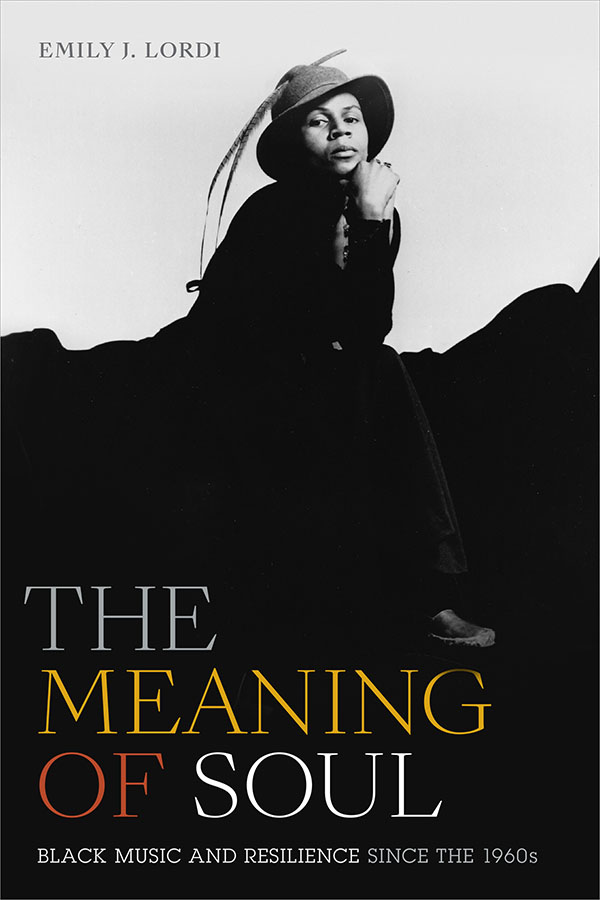Maybe when people say “post-soul,” it’s a fancy way of saying “Now is now and then was then.” Maybe the nature of chronology also leads people to expect progress to be constant, and to also project a teleology of progress onto any timeline. I think about progress, or the illusion of it, when I listen to album like Curtis/Live!, which is an immaculate recording of precise and dynamic playing. It seems that the commitment to technical excellence was no less intense in 1971, possibly more so.
Yes, in some cases we can use post-soul as a neutral historical marker, like thinking about it in terms of the moment when Billboard renames what had been its “Soul” chart the “Black Singles and Albums” chart, in 1982. It’s the teleological narrative attached to that transition that I take issue with. I think that instantiates generational divisions that are not necessarily there, or that don’t need to be there. For instance, I think that the commitment to technical excellence is one throughline from soul to post-soul. It occurred to me when I was writing about Nina Simone—who was very vocal about her own quest for expressive excellence, and her practicing regimen, for instance—that her virtuosity isn’t something that separated her from the community. This was Nina Simone on her hustle, like everyone else. Her particular form of striving was through music. But I think that lots of people saw themselves in her. It wasn’t like, “Whoa, she’s such a genius, we can’t even relate.” I think it was, on the contrary, something like, “We’re all working that hard to make something beautiful of this moment and of our lives and this is what it looks like for her.” That’s a particular cultural lens that I would apply to that moment.
Why do you think that is?
I’m not sure, but I think the current cultural moment encourages more suspicion of the very idea of collectivity—I mean, this is the reason why soul gets rescripted as this repressive formation in the first place. And it has everything to do with the failure of the state to take care of people, which produces an atomization that affects everybody. We are in the midst of a post-civil-rights, post-revolutionary, post-welfare state moment. I think that’s beginning to change, due to Black Lives Matter and other activists efforts. But that’s where the US has been since the 1970s. For that reason, I think it has become harder to see somebody else’s striving or somebody else’s achievement as relevant to one’s own—for somebody to see a star like Beyoncé as offering an actual path out of an impossible economic situation. I mean, clearly people identify with her in some ways, and with her music. But that level of superstardom is fundamentally inaccessible. I always think about Kendrick Lamar. There’s the moment in “Black Boy Fly” where he says he wasn’t “jealous” of the older kids who made it out of the neighborhood—he was “terrified they’d be the last Black boys to fly out of Compton.” There is a logic of scarcity that says, “There is no way that, if you manage to get out of this situation, I can do so, too.” It can feel like a game of numbers. And the numbers game was a little bit different in the soul era. At least, to read the Black press of that moment is to get the sense that the success of an Aretha did mean something, did signify a sense of broader Black possibility, whether in material or existential or spiritual terms. Her success meant something to the people as a people. Which was its own kind of weight for her to bear. But in some way, this speaks to the relative equanimity between the stars who had made it and the everyday people who hadn’t. I mean, I think of Gladys Knight & the Pips, who were still touring constantly at the peak of their commercial success. Why were they on the road all the time? Maybe because they loved it, OK, but also because they had to be—and that made them more like everyday people than the unbelievably wealthy moguls of this moment.
